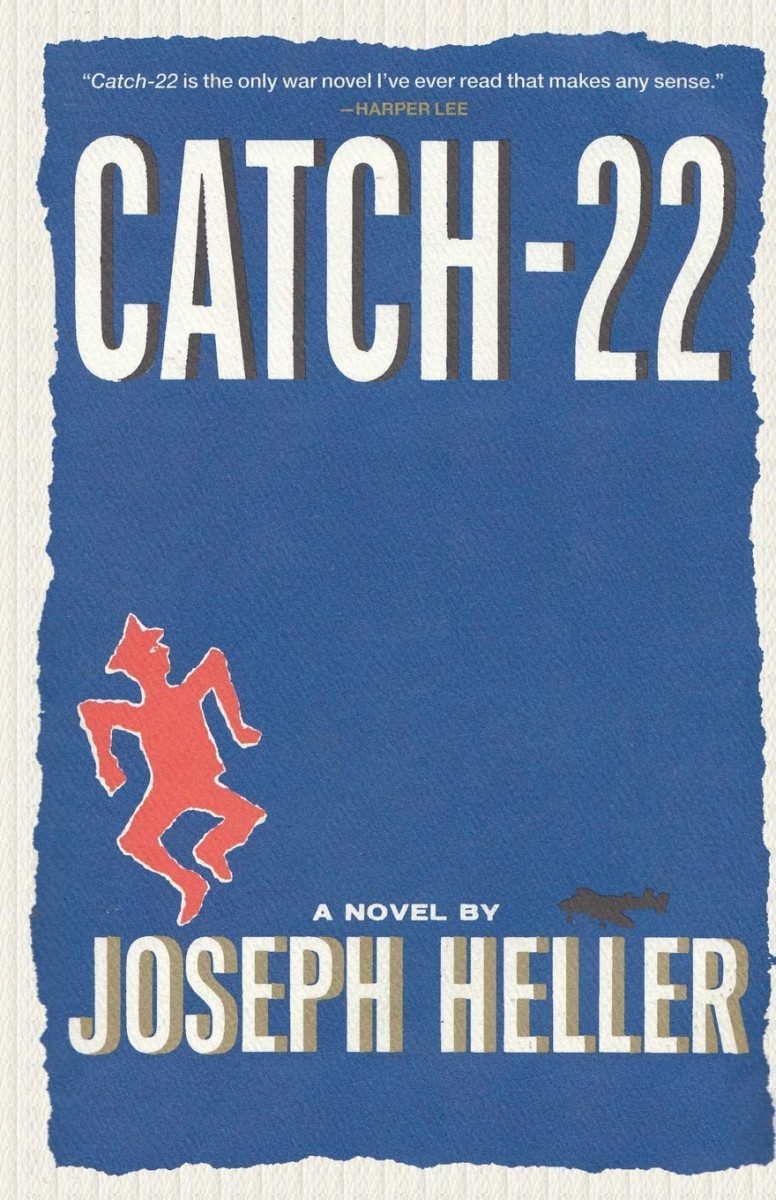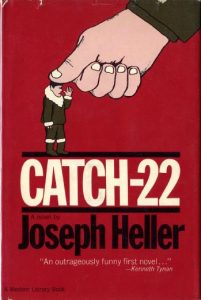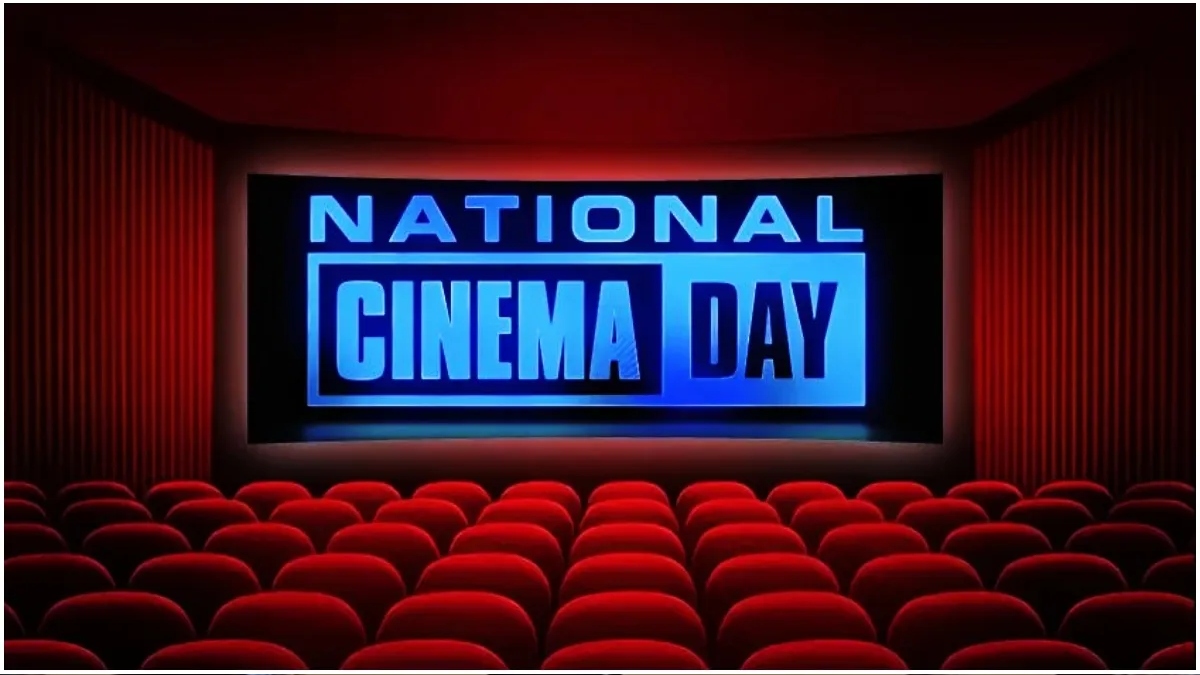The War for Catch-22
The tragicomic 1961 novel that sprang from Joseph Heller’s experience as a W.W. II bombardier mystified
and offended many of the publishing professionals who saw it first. But thanks to a fledgling agent,
Candida Donadio, and a young editor, Robert Gottlieb, it would eventually be recognized as one of the
greatest anti-war
books ever written. In an adaptation from his Heller biography, Tracy Daugherty recalls the tortured
eight-year genesis of Catch-22 and its ultimate triumph.
“Suppose everybody on our side felt that way,” the officer demands, echoing Kant’s imperative—that one
should decide how to act by envisioning the consequences if everyone else acted that way. It’s a maxim
much beloved by parents. Mine, anyway.
The Czech writer Arnošt Lustig claimed that Heller had told him at a New York party for Milos Forman in
the late 1960s that he couldn’t have written Catch-22 without first reading Jaroslav Hašek’s unfinished
World War I satire, The Good Soldier Schweik. In Hašek’s novel, a mad state bureaucracy traps a hapless
man. Among other things, he stays in a hospital for malingerers and serves as an orderly for an army chaplain.
But the most common account Heller gave of the hatching of Catch-22 varied little from what he said to
The Paris Review in 1974: “I was lying in bed in my four-room apartment on the West Side when suddenly
this line came to me: ‘It was love at first sight. The first time he saw the chaplain, Someone fell madly in love
with him.’ I didn’t have the name Yossarian. The chaplain wasn’t necessarily an army chaplain—he could have
been a prison chaplain. But as soon as the opening sentence was available, the book began to evolve clearly in
my mind—even most of the particulars … the tone, the form, many of the characters, including some I eventually couldn’t use. All of this took place within an hour and a half.
So, if everybody else acted that way? “Then I’d certainly be a damned fool to feel any other way,” Yossarian says.
Beautiful! It was one of the reasons I fell madly in love with the novel. Almost the way Yossarian says he fell
for the chaplain in the first lines of the book. (Heller said he found a way to start writing Catch-22 when he
heard in his head a version of the first lines: “It was love at first sight. The first time Yossarian saw the
chaplain he fell madly in love with him.”) It’s one of the novel’s amazing achievements that it may be the
darkest,
most profoundly negative vision of existence in modern fiction, yet it leaves you with a feeling of mad love
for its crazy beauty.












